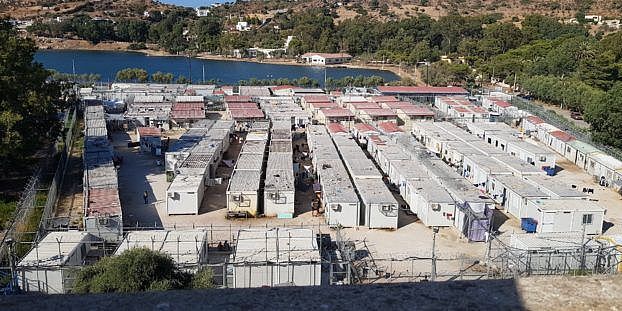The Implementation of the EU Hotspot Approach in Greece and Italy: A Comparative and Interdisciplinary Analysis

Kenny Cupers, Alaa Dia, Dr. Chiara Pagano, Artemis-Maria Fyssa
Swiss Network for International Studies, 2021
This project explored the role of infrastructure in migration management with a study on the implementation of the EU Hotspot Approach in Greece, Italy, Tunisia and to a limited degree Libya and Turkey. The Hotspot Approach was introduced in 2015 by the EU as infrastructural assistance to member states with high arrivals of undocumented persons. The guiding research questions were a) how does the hotspot facility, as infrastructure space, enable migration management and transform the Mediterranean borderscape and b) how does this infrastructure space (re)shape relations between states, citizens, and noncitizens? The project adopted a comparative and interdisciplinary research design that combined ethnographic fieldwork, document survey and mapping and visual analysis. Our core results show that the Hotspot Approach is a complex, opaque and multilevel migration management that occurs neither despite nor inside, but in addition to the national bureaucracies. This new extrastatecraft of migration management routinizes violence and violations. The hotspots are an infrastructure space of biopolitical and biometric filtering, that sorts out the „deserving” from „undeserving” migrants. The design of the hotspot facilities reflects the logic and violence of filtering as well as the prioritization of security over care.
Quick Links
